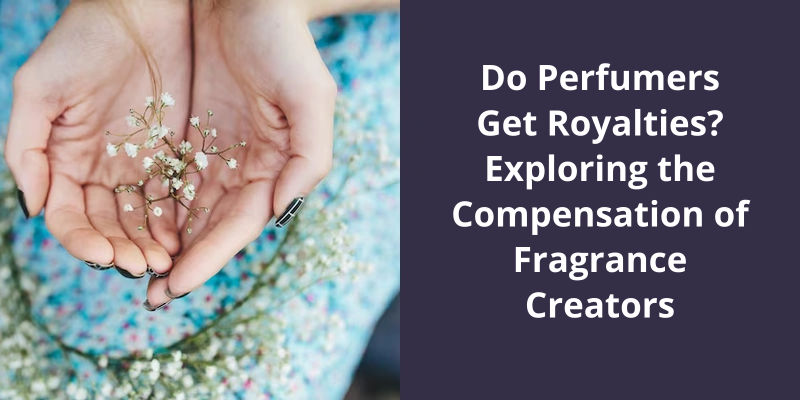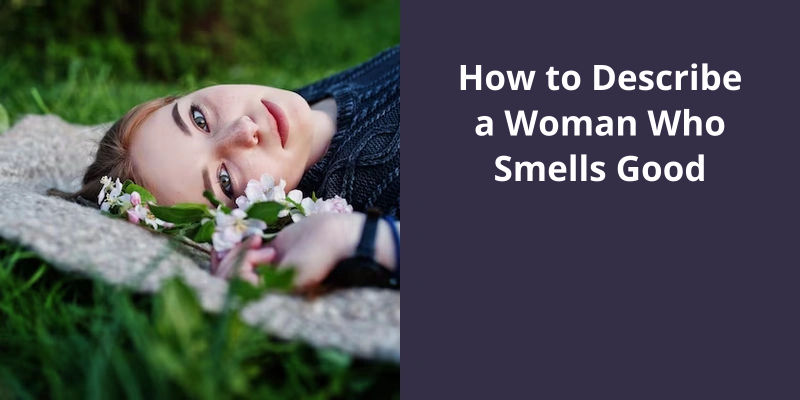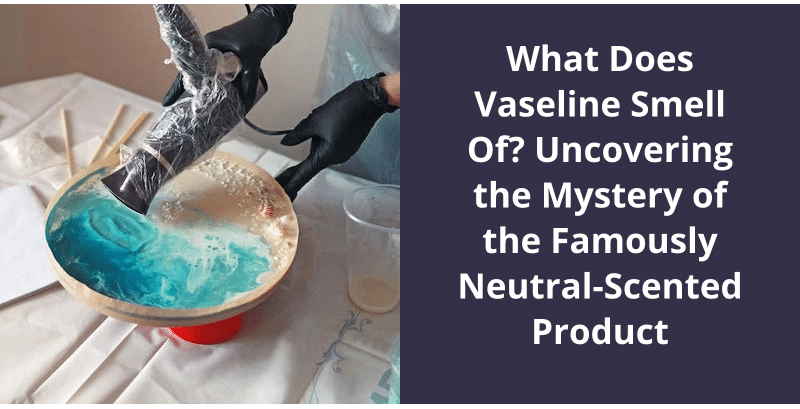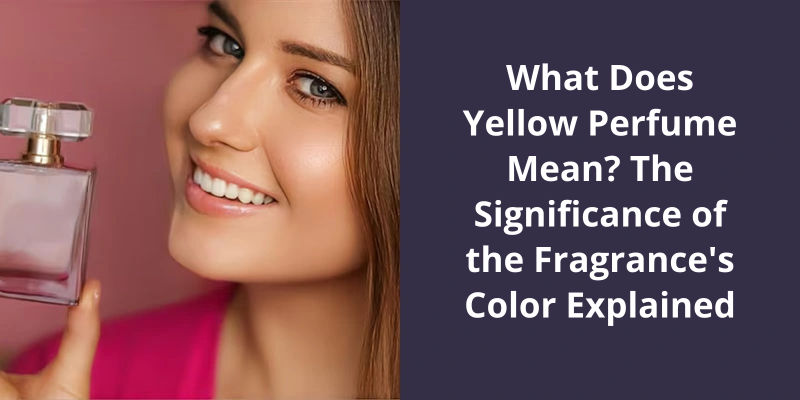The art of perfumery is truly a unique craft that can capture the essence of emotions, memories, and moments in a bottle. However, the question arises that do perfumers get royalties for their masterpiece creations? Perfumers, the talented artists who craft fragrances, put their heart and soul into creating a scent that represents their innermost creativity. Unfortunately, the industry norms don’t always favor the perfumers, and there’s little or no contractual arrangement between these creators and the companies. In most cases, contracts don’t include royalties, credits, or copyrights for the actual artist, the perfumer. This raises concerns about the fairness of the industry and the compensation structures in place for these creative minds.

Is Being a Perfumer a Good Job?
Being a perfumer is an immensely creative and satisfying job that requires a lot of dedication and hard work. Perfumers are essentially artists who use their olfactory talent to create unique and memorable fragrances that captivate the senses. It’s a job that allows people to combine their passions and interests with their professional lives in a way that’s immensely fulfilling.
Since there are very few perfumers available in the market, their salaries tend to be quite high, making it an attractive option for many people. It’s also a highly specialized field that requires a great deal of expertise and knowledge, which also contributes to the high levels of pay. In addition, the perfume industry is a constantly growing and evolving business, which means that there’s always a demand for new and innovative fragrances.
It can take many years of training and apprenticeship to become a perfumer, and even then, it can be difficult to establish a successful career.
They’ve the ability to evoke emotions, memories, and sensations with their creations, making the world a richer and more beautiful place.
What Skills and Qualifications Are Needed to Become a Perfumer?
- An excellent sense of smell
- Knowledge of plant materials and essential oils
- Understanding of chemistry and how it relates to fragrance
- Creativity and artistic ability
- Strong analytical skills
- Good communication and interpersonal skills
- An understanding of market trends and consumer preferences
- Experience in the industry or related fields such as cosmetics or flavoring
- Formal education in chemistry, perfumery, or a related field is often beneficial but not always required
- A passion for fragrance and a desire to continuously learn and explore new scents and techniques
Perfumes have been a symbol of luxury and elegance for centuries. The art of perfumery has evolved over time, combining science and nature to create beautiful aromatic blends. Perfumes are used not only to enhance our natural scent but also to evoke emotions and memories. In this article, we will explore the history of perfumery, the ingredients used, and the techniques employed to craft these exquisite fragrances. Join us on a journey through the fascinating world of perfumery.
What Is the Art of Perfume Called?
This art form has been around for centuries, with perfume-making techniques dating back to ancient Egyptian and Roman times. Perfumery involves the creation of fragrances using a blend of natural and synthetic ingredients that are then formulated into a finished perfume product.
The art of perfume-making is a complex and intricate process that requires a deep understanding of fragrances, chemistry, and creative vision. A perfumer, or fragrance designer, must possess a keen sense of smell, a vast knowledge of raw materials, and a mastery of blending techniques to create unique and memorable fragrances.
Each perfume developed by a perfumer has a unique identity, created with a specific intention and emotion in mind. The notes, or scents, used in a fragrance are carefully selected and blended to create a multi-layered and harmonious scent profile.
In recent years, the growth of niche perfume brands and artisan perfume makers has brought a renewed appreciation for the art of perfumery. These brands often prioritize unique and daring fragrance profiles, challenging the industry’s more traditional and mainstream offerings.
It’s been, and continues to be, a beloved and highly sought after product among people all over the world.
The History and Evolution of Perfumery, Including the Influence of Different Cultures and Countries on the Development of Perfume-Making Techniques and Styles.
- Perfumery dates back to ancient civilizations such as Egypt, Greece and Rome.
- The ancient Egyptians were known for their extensive use of fragrances and oils in religious ceremonies and everyday life.
- During the middle ages, perfumes were largely used for medicinal purposes and to mask unpleasant odors.
- The art of perfumery evolved during the Renaissance, with the development of distillation techniques and the use of natural ingredients.
- French perfumers became prominent in the 18th century, with the creation of iconic fragrances such as Chanel No.5.
- Today, the perfume industry is a global phenomenon, with a wide range of fragrances available from around the world.
Conclusion
In conclusion, it seems that the world of perfumery remains largely a business driven by trade secrets, with the focus being on protecting the formulas rather than recognizing and compensating the creative minds behind them. Despite the significant role that perfumers play in determining the success of a fragrance, there’s currently little incentive for companies to acknowledge their contributions beyond their salaries. The lack of a structured system for recognizing and rewarding perfumers may ultimately limit the growth and innovation of this industry, as top talents may be discouraged from pursuing a career in it. As such, it’s crucial for stakeholders in the perfume industry to address this issue and explore ways to give credit where credit is due.





